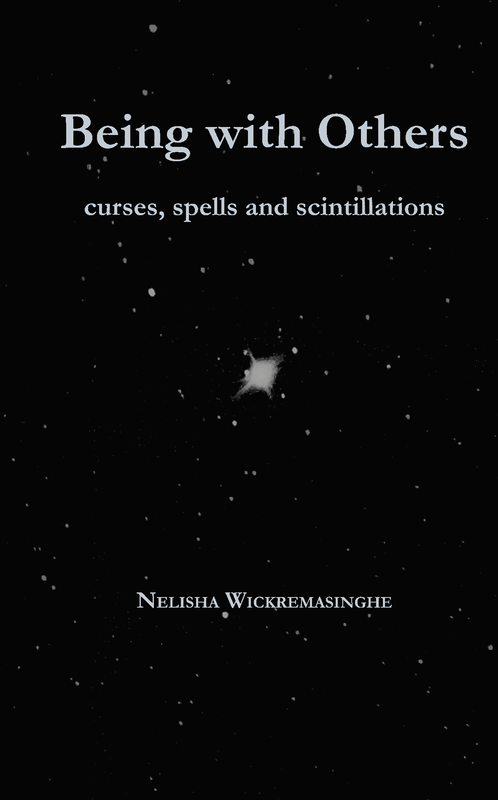|
Imprint: Triarchy Press
Format: paperback, ePub, Kindle Extent: 268 pp. Size: 216 x 140mm Print ISBN: 978-1-913743-21-5 List Price: £18.00 Use code to save 20% Publication: March 2021 Tags: Organizational change, relationships, trimotive brain, threat brain, leadership, business psychology, social psychology, group psychology, relational psychology Buy the Paperback (£18):Buy the eBook (£16):Available soon
Read more:
ReadershipBeing with Others is written for anyone who wants to gain a deeper understanding of how we behave with others, and the consequences of our relational beliefs and choices. It provides valuable insights into our motivations and habits and why we become entangled in unsatisfying, destructive relationships, free from the psychological projections of our owns needs and fears.
|
Being with Others: curses, spells and scintillations
|


